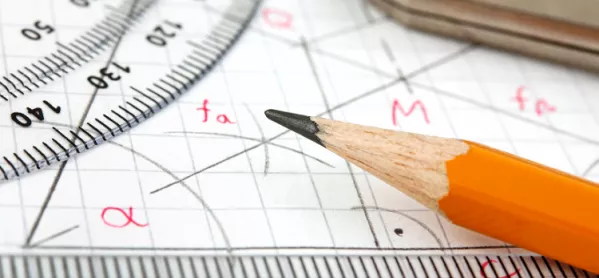A Dutch method of maths teaching that puts real-life contexts at the heart of the learning process will be the subject of a £736,000 research project.
Academics are hoping to recruit 120 schools to take part in the study of realistic maths education (RME), which was developed and is widely used in the Netherlands.
The Education Endowment Foundation (EEF), which is funding the project, says RME enables teachers to introduce maths using contexts that are familiar to pupils, before bringing in more formal and abstract contexts.
Project lead Yvette Solomon, professor of education at Manchester Metropolitan University, said maths teaching in England often focuses too much on algorithmic approaches, teaching students to memorise rules without understanding them.
“Students with good memories might pass exams, but many can’t use their maths in novel situations,” she said. “Many students mis-learn, forget or misapply the rules - and for them, maths is just about failure.”
Realistic maths project
The two-year project will concentrate on maths at key stage 3, although Professor Solomon said RME can be used for all age groups.
Outlining the benefits of RME, she told Tes: “Students understand a lot more where the maths came from. They always have that route back to the context, which means they can always make sense of it.
“That doesn’t mean that you never have an algorithm or more formal maths, but how it has been built up has been very carefully orchestrated so that students understand where the maths comes from.
“The important thing that means is that they then have strategies for using that maths, which means they can use it in novel situations.”
She said the way RME helps pupils develop a variety of strategies for problem-solving was well suited to the new-style maths GCSE.
‘Weird’ times tables test
RME comes as the government prepares to pilot times tables checks for pupils in year 4.
Professor Solomon said she believes the check will not be useful “because it doesn’t tell you anything”, adding: “Teachers know when students in the class don’t know their tables. I don’t think they need a national test to know that.”
She added: “If you have it as a national test, that seems really weird. You can be good at maths and algorithms, but that does not mean that you really understand and have access to maths.”
For more information about the trial, and how to apply for your school to take part ahead of the 31 March deadline, click here.
Want to keep up with the latest education news and opinion? Follow Tes on Twitter and like Tes on Facebook




